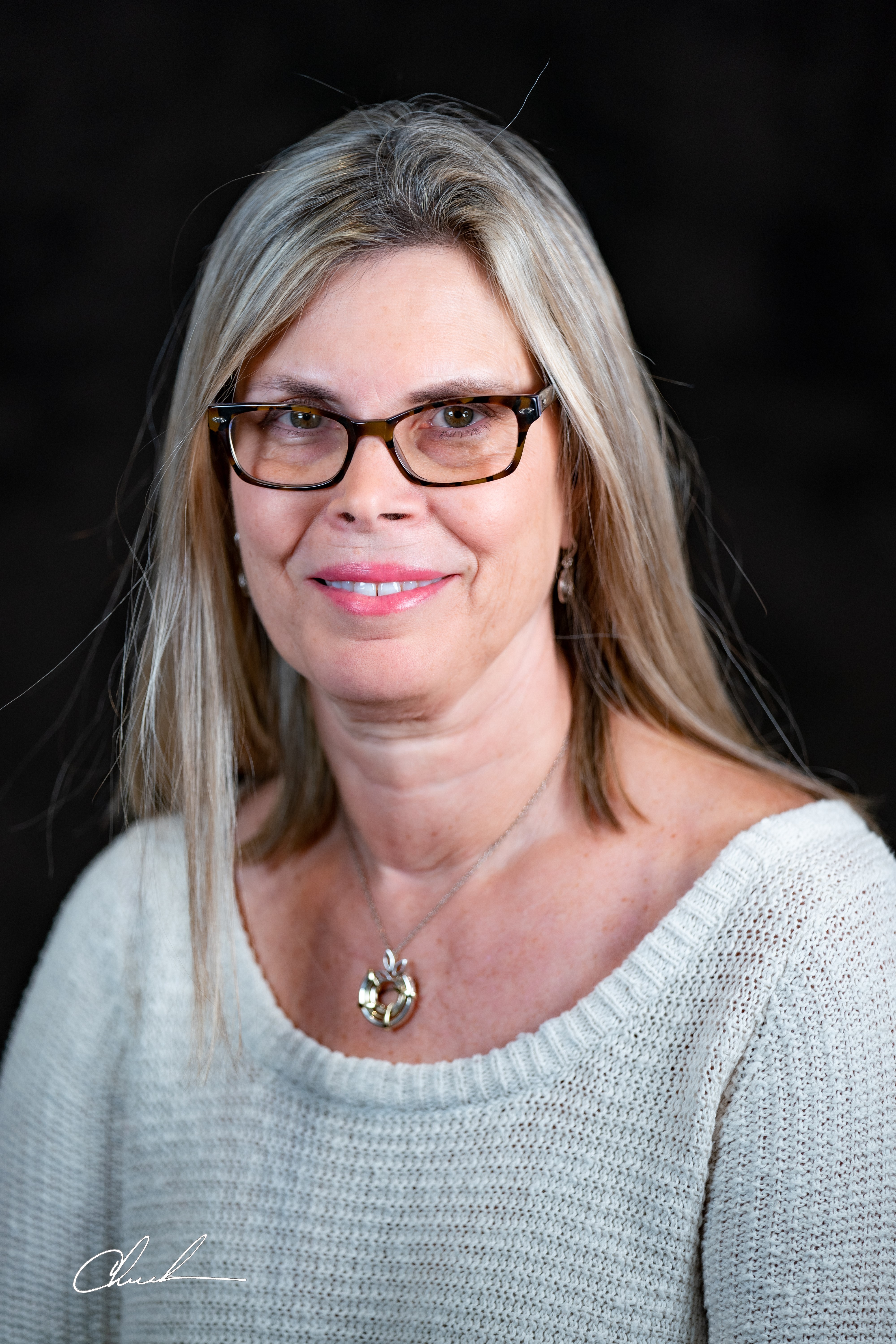
Judaism offers each of us a unique lens to view the world; I am especially grateful for the way in which my understanding and perception of light has been transformed by our tradition. Just as light seeps through every crack and crevice into the world, light motifs are prominent in many of our sacred texts and the commentaries on them we hold in such high esteem. In this weeks’ Torah portion, Moses, Aaron and therefore all of us are provided with very specific instructions as to how to make the lampstand of the Mishkan and how to kindle the lights. To emphasize the importance of these tasks, the lampstand (Menorah) is made of gold hammered in an elaborate pattern. It’s not “l’hadlik,” the word we read for kindling the Shabbat and festival lights, that is found as the descriptor of the action, but “b’haalot’cha” which means to raise up.
Raising up the light can be seen as a metaphor for raising up others, a metaphor for tzedakah and social justice. In the book of Isaiah 49:6 the tribes of Jacob are referred to as a ‘light unto the nations’ and we know that we are each B’tzelem Elohim, ‘made in the image of God,’. As, such we have an obligation to emulate God, to be a role model to the world and to spread the divine light of God. These instructions along with others in Torah are a spiritual road map encouraging and enabling us to fulfill this sacred obligation.
Today, we are living in the shadow of tumultuous times. Now more than ever we need to think about who needs raising up in our community and in the world. We learn more about the concept of raising up as we continue to read the Torah portion. After Aaron follows God’s instructions to create the Menorah, God instructs the Israelites to cleanse and lay hands on Aaron and the Levites, thus raising them up to be able to perform service for God. According to Rashi, this happened because Aaron expressed concern that the Levites lacked a sense of purpose. With no property and no way to bring sacrifices to the Mishkan, as the other tribes did, the Levites felt uncertain of their place in society.
This example of raising up gave the Levites their very purposeful role of keeping the flames of the Menorah burning brightly. In my minds’ eye the Menorah is a tall, elaborate, seven branched, golden structure illuminating the Mishkan with wicks burning in pure olive oil. Our ancestors carefully crafted holy objects like the Menorah out of precious hammered gold, built according to instructions designed to make the Mishkan habitable for God, so God may dwell in it. But, God, Creator of all light, of the sun and the moon and all of the celestial bodies, does not need the Menorah. God brings divine light to the Mishkan and by extension, to the world. In actuality the instructions are for Aaron and for us, so we would have the opportunity to demonstrate our commitment to God and to begin to understand how to emulate God and be ‘a light unto the nations.’
Coming back to today, how do we identify those in need of raising up? Will it always be obvious? What if they don’t speak out as Aaron did? And, how should we go about doing this important work in such an unordinary time? We do so by advocating for those who cannot do so for themselves. We do so with leadership as we look beyond ourselves to create equity in society. We do so with our work to promote progressive Jewish values and with the work of our hands and the prayers of our heart we create both holy objects and holy spaces. We are tasked with replicating God’s presence in our world. Our work is to serve as the reflection of God’s light, like the lights of the Menorah that are raised up by our community and reflect the light outwards, transforming the darkest corners of our world and bathing them in splendor.
Rachelle Weiss Crane is a WRJ Board member and a past president of WRJ Sisterhood of Temple Emanu-EL in Dallas. She currently serves the congregation as a Vice President.
Related Posts

Parashat Yom Rishon shel Rosh HaShanah

Cultivating a Culture of Accountability and Belonging


